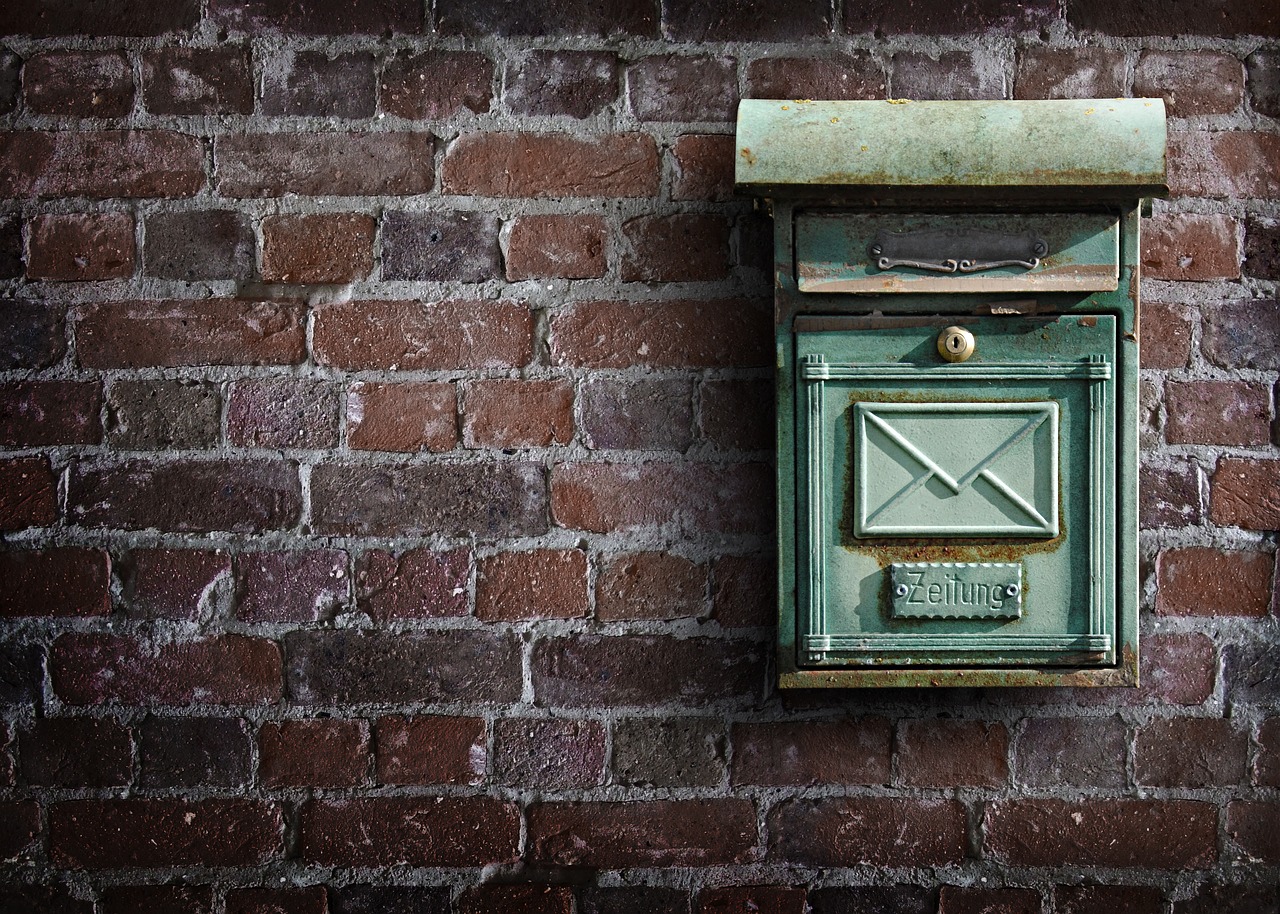A few months ago, I attended an unusual conference.
As an academic, I’m used to conferences with the usual formula: one panel after another where three speakers each have 20 minutes to showcase their latest publication while the audience members twiddle their thumbs and await their turn to offer opinions disguised as questions during the Q&A period.
But at this conference, there were no panels. No speakers. No Q&A periods. The conference consisted entirely of small breakout sessions where attendees were asked jarring questions like “What’s the one thing you believe that other people think is weird?”
I do a lot of weird things, but when I got this question during the conference, one jumped to mind: I still get Netflix DVDs in the mail.
Yes, you read that correctly. The Varol household is the only one I know in streaming-obsessed America where DVDs still arrive in little red envelopes.
I’m a productivity nut, and I realize our Netflix DVD subscription is spectacularly inefficient. From the moment I add a movie to our queue, it takes 2-3 days for it to arrive in the mail. If I wanted, I could rent the same movie on iTunes or Amazon in 2-3 minutes.
But finding the movie on iTunes removes one crucial part of the movie rental process: The anticipation.
I love everything that precedes the arrival of a Netflix DVD in the mail: The process of finding it online, adding it to my DVD queue, and eagerly waiting for its arrival. Spotting a red envelope in our mailbox brings an inexplicable smile to my face. I open the envelope like a new gift, pop the DVD into my DVD player (yes, I still have one of those), and enjoy the show.
Here’s the thing: The more instantaneous the gratification, the less we value it.
Anyone who’s planned a vacation knows: The anticipation can be more pleasurable than the experience. You get more joy out of daydreaming about the possibility of uninterrupted beach time, with your toes in the sand, the latest Dan Brown novel in your hand, and a frosty cocktail with an umbrella next to you—as opposed to experiencing the actuality of delayed flights, crushed expectations, and bouts of food poisoning. “Pleasure disappoints,” as Søren Kierkegaard said, but “possibility never.”
This is partially why vinyl is making a comeback. Yes, you can simply say “Alexa, play I Can’t Get No Satisfaction by the Rolling Stones.” Or you can walk over to your shelf, select the limited-edition vinyl, carefully remove it from its case, place it on your turntable, lower the tone arm just so, and let the player start spinning out its own crackly version of one of the best rock songs of all time.
Don’t get me wrong: Efficiency has brought tremendous value to our lives. I’m not about to give up Spotify, Amazon Prime, Lyft, or numerous other modern services that make my life easier.
But when we take our obsession with productivity too far, the activities we enjoy lose their meaning. We end up optimizing and automating away the joyful and pleasurable moments of our lives.
It’s no wonder that we can’t get no satisfaction.
There are numerous people—most notably, Elon Musk—who’re preaching the dangers of artificial intelligence. Their fears may be well-founded, but we forget the other side of the coin: “The danger of computers becoming like humans is not as great as the danger of humans becoming like computers, ” as Konrad Zuse, who built the world’s first programmable computer, purportedly said. The world may be driven by efficient microchips, but we don’t have to behave like one.
The remedy doesn’t have to be dramatic. Do some things the slower, inefficient way. Get your DVDs in the mail (or better yet, go in person to a video store, if one still exists around you). Send a postcard instead of an email. Skip the Postmates order and go to a farmer’s market to pick the ingredients for your dinner. Buy a book at a bookstore instead of downloading it on your Kindle. Take the longer path home the next time you walk your dog.
In a world obsessed with moving faster and faster, inefficiency might be the most subversive—and fun—thing you could do.
Bold


